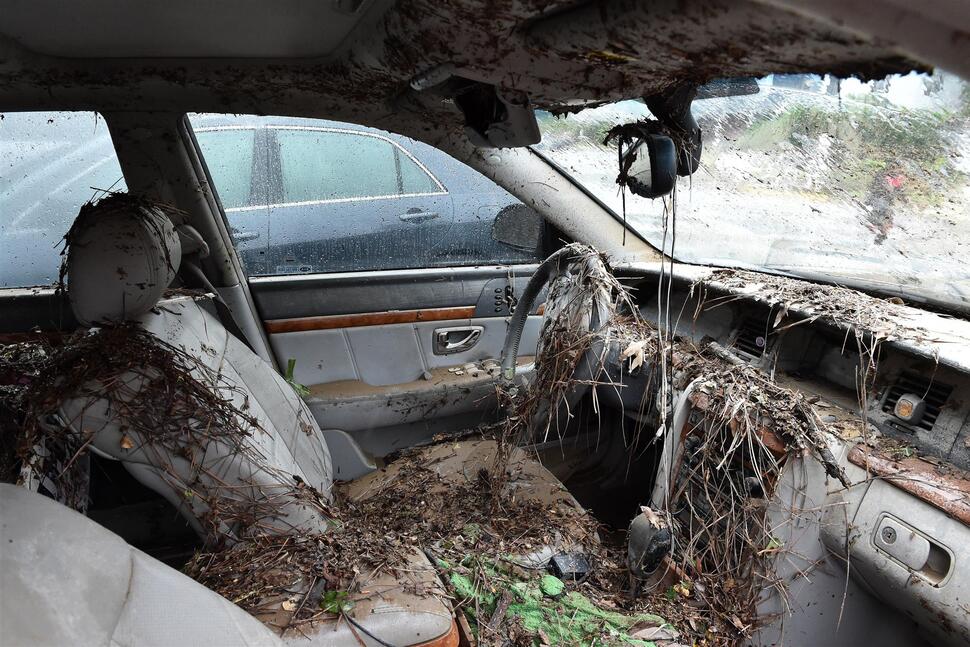In today’s world, sustainability is a hot topic. With concerns about climate change, resource depletion, and environmental degradation, industries worldwide are seeking ways to minimize their ecological footprint. One such industry that’s making strides in sustainability is auto recycling.
Introduction to Auto Recycling
Auto recycling, also known as vehicle recycling, is the process of dismantling end-of-life vehicles for spare parts and recycling their components for reuse. It’s an essential part of the automotive industry’s circular economy, where materials are recycled and reused rather than disposed of in landfills.
The Environmental Impact of Traditional Auto Recycling
Traditionally, auto recycling has had its challenges when it comes to sustainability. Many scrapyards used methods that were harmful to the environment, such as burning or burying vehicles, which released toxins into the air and soil. Moreover, the extraction and processing of raw materials for new vehicle production contribute to environmental degradation and resource depletion.
The Shift Towards Sustainable Practices
Fortunately, the cash for car Ipswich is undergoing a transformation towards more sustainable practices. Scrapyards are adopting innovative technologies and processes to minimize waste, reduce energy consumption, and decrease pollution.
Implementing Green Technologies
One way scrapyards are becoming more sustainable is by investing in green technologies. For example, advanced shredding machines can efficiently separate metals from other materials, reducing the need for manual labor and minimizing waste. Additionally, some scrapyards are incorporating renewable energy sources such as solar panels to power their operations, further reducing their carbon footprint.
Embracing Circular Economy Principles
Another aspect of sustainability in the scrapyard is embracing the principles of the circular economy. Rather than treating vehicles as disposable items, scrapyards are focusing on recovering and reusing as many components as possible. This not only reduces the demand for new materials but also extends the lifespan of existing resources.
The Benefits of Sustainable Auto Recycling
Adopting sustainable practices in auto recycling brings numerous benefits, both for the environment and the economy.
Environmental Benefits
By reducing waste and pollution, sustainable auto recycling helps preserve natural resources and ecosystems. It also lowers greenhouse gas emissions associated with the production of new materials, contributing to mitigating climate change.
Economic Benefits
From an economic standpoint, sustainable auto recycling can be profitable. Recovering valuable materials from end-of-life vehicles allows scrapyards to generate revenue from selling spare parts and recycled materials. Moreover, by reducing the need for new raw materials, sustainable car removal gold coast helps lower production costs for automakers.
Conclusion
In conclusion, sustainability in the scrapyard is not just a buzzword; it’s a necessity for the future of the automotive industry and the planet. By redefining the auto recycling process and embracing green technologies and circular economy principles, scrapyards can minimize their environmental impact while creating economic opportunities. It’s a win-win solution that benefits both business and the environment, paving the way for a more sustainable future.

